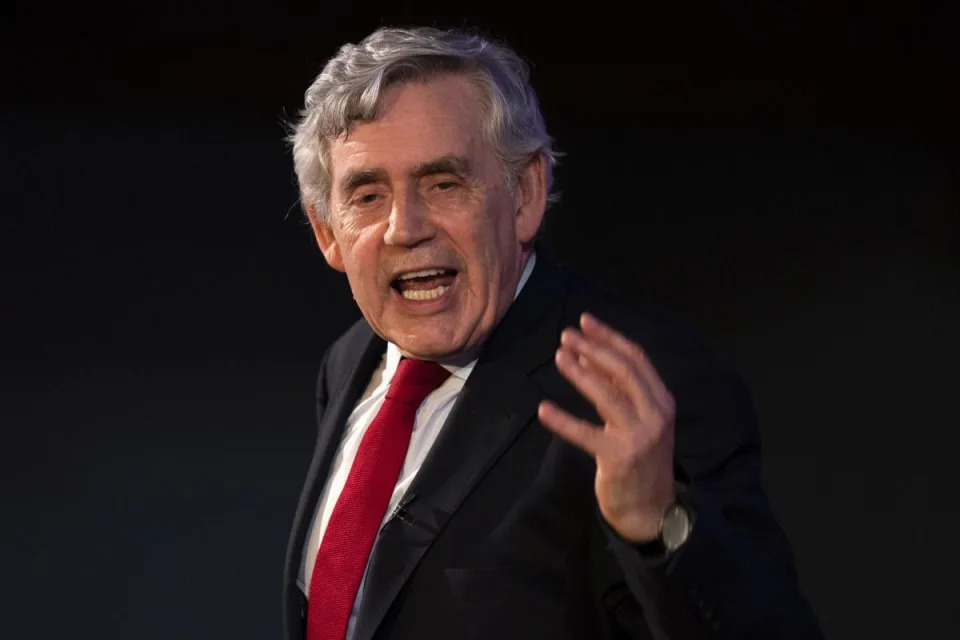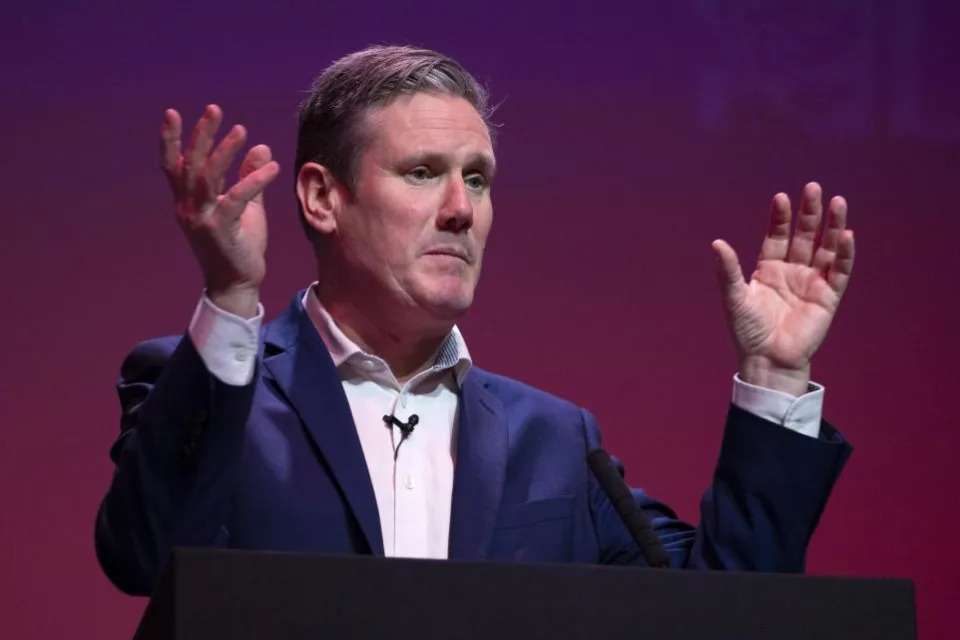CBC
Mon, September 25, 2023

A partially removed sign at the Coquitlam Centre mall in Coquitlam, B.C., pictured Monday that advertises a mother-and-child group for families of European descent only. (Joel Ballard/CBC News - image credit)
City officials in Metro Vancouver have described signs advertising a "whites-only" social group for mothers and children as "vile garbage."
On Sunday, social media posts about the "Whites-only Moms and Tots" group meant for families of European descent began popping up on Instagram and X, formerly known as Twitter, with many condemning the posters as racist.
CBC News located some of the signs, which had been partially removed, at the Coquitlam Centre, a shopping mall in the Vancouver suburb of Coquitlam, B.C.
Officials with the neighbouring City of Port Coquitlam said they had been alerted to the posters over the weekend and directed bylaw officers to search for them and remove them.
Group seeks 'proud parents of European children'
"As soon as it was brought to our attention, bylaw officers immediately searched the area and all bus stops, but no signs were present. Perhaps being removed by someone else," said a joint statement from the city and Mayor Brad West.
"This vile garbage isn't welcome in our community, or anywhere else."

A partially removed sign at Coquitlam Centre in Coquitlam B.C. on Monday Sept. 25, 2023 advertising a mother and child group mean for families of European descent only.
One of the posters at the Coquitlam Centre, pictured on Monday. The neighbouring City of Port Coquitlam said it had also received reports of signs and had instructed bylaw officers to remove them. (Joel Ballard/CBC News)
The signs advertise a play group for mothers and children to "join other proud parents of European children as we create an atmosphere in which our kids feel like they belong."
Contact information at the bottom of the posters refers to the group as "White Tri-Cities Parents and Tots." The Tri-Cities refers to the Metro Vancouver municipalities of Coquitlam, Port Coquitlam and Port Moody.
In its statement, Port Coquitlam condemned the signs and the group they advertise "in the strongest terms," adding that the city "promotes an environment without hate."
Report signs to police, cities say
The City of Coquitlam said in a release that the notices are racist because they "explicitly exclude" certain groups based on their race, and they have no place in the city.
"Coquitlam celebrates its rich diversity and we firmly believe that it is through the embrace of different backgrounds, cultures and experiences that we grow stronger as a community," it said.
The statement said the city encourages spaces that are inclusive of all children, no matter their backgrounds.
"Coquitlam encourages initiatives that promote unity, understanding and appreciation of the differences that make our community inclusive," it said, adding that any posters in the city would be removed.
Census data from Statistics Canada in 2021 says Coquitlam has a population of nearly 150,000 and Port Coquitlam has 62,000 residents, both with dozens of ethnicities represented.
Both Port Coquitlam and Coquitlam are asking residents to report other signs to RCMP, which it said was investigating, providing the file number 23-25827.
CBC News contacted the group through the email address provided on the sign, but did not immediately receive a response.
On the messaging app Telegram, the group's page has more than 200 subscribers.


















